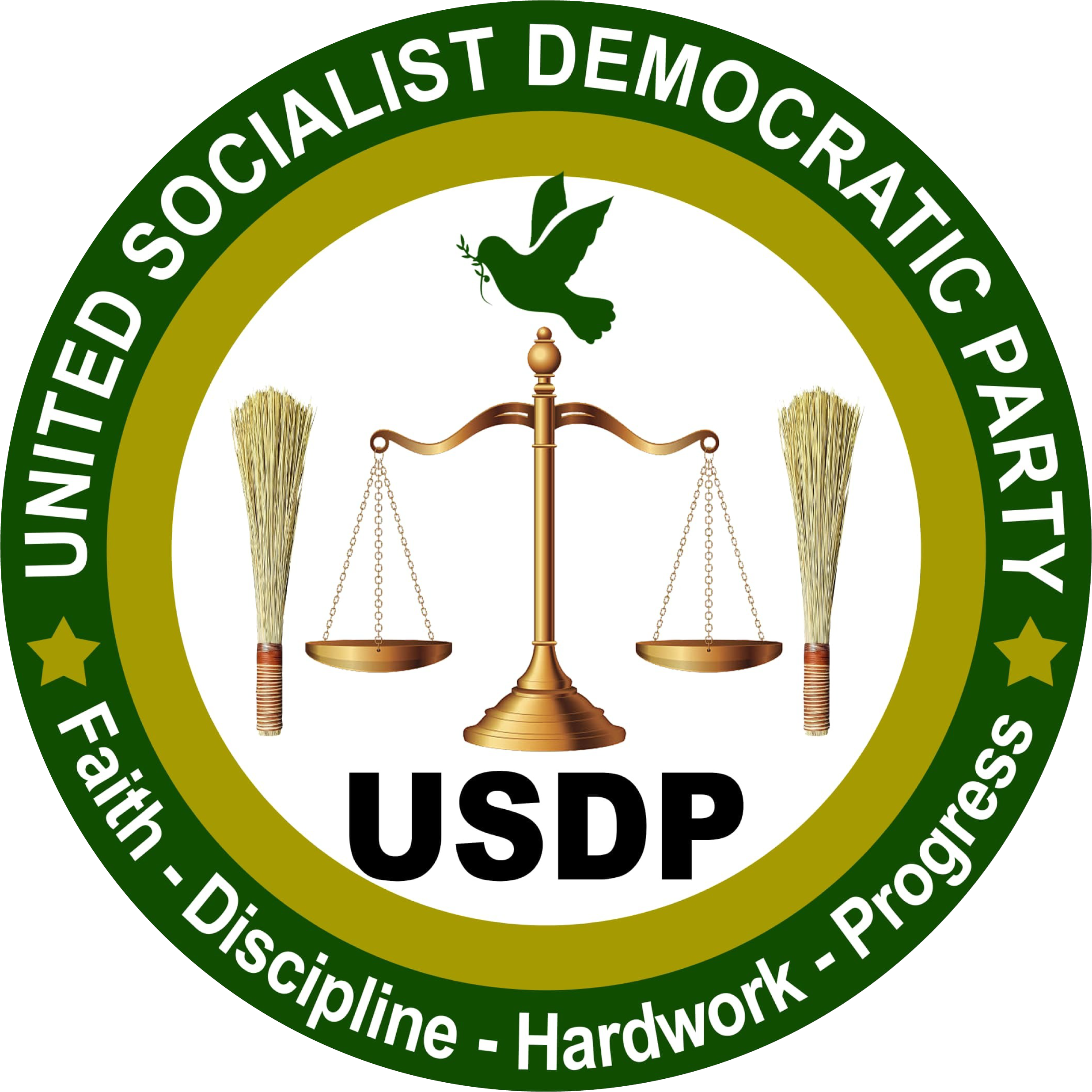
Loading... 0%

Loading... 0%

From a political perspective, the USDP is committed to implementing the recommendations on the Special Status from the National Dialogue of September/October 2019. Although the details need to be negotiated, the Special Status complies with the provisions of Article 62(2) of the 1996 Cameroonian Constitution and the recommendations of the National Dialogue (GDN) on the Anglophone crisis, held from September 30 to October 4, 2019, in Yaoundé. Among other provisions, the Special Status facilitates three legitimate and complementary objectives:
Recognize the desire of the populations of the South-West and North-West regions to acknowledge the authentic history of the Southern Cameroons, and to implement the said Special Status Recommendation, in the context of this history and in the best interest of building a Cameroon One Nation, Two Systems (ONTS), united in its African and European-imposed cultural diversities;
Recognize that a special relationship exists, historically and in the circumstances of the Special Status, between the South-West, North-West, Far-North regions, and the Diaspora in particular, and with other regions in general, to share lessons for short- and medium-term reconstruction, and for long-term security, political, social, and economic development and consolidation.
Respond positively to the aspirations of each of Cameroon's 10 regions to acquire an appropriate degree of autonomy in relevant public decision-making and control of human and material resources, to better serve the specificities of Cameroonians living and working in all regions, and abroad, in the interest of a United Nation.
These objectives will lead to the necessary adjustments to the form and functioning of the State, the transfer of essential competencies, and the allocation of adequate budgetary resources to improve the functioning of the ONTS Policy and the regions in all areas, particularly ensuring the efficiency of semi-autonomous process management under ONTS and in each of our ten regions.
Foreign powers set the overall boundaries of the country known as Cameroon in treaties to which Cameroon and Cameroonians were not parties. They exploited the country's territory into two unequal zones, implanted two European cultures, one in each zone, over hundreds of prevailing indigenous African cultures. They elevated each of these European cultures to national status in their respective geographic zones of influence.
The two zones created by foreign powers could have remained permanently separate if the people of the former Anglophone Southern Cameroons had not chosen in February 1961 to forge a new nation together with the people of the Francophone Republic of Cameroon. The new Cameroonian Nation was forged with full knowledge that each of the two European cultures had left indelible marks on our land and people. We therefore decided that in the new nation, each of the inherited European cultures in these physically unequal territories should be granted equal status; that each should be allowed to flourish fully in its zone of imposition and that, although moderated as much as possible by our African culture, attitudes, and behaviors, both should be used to serve the people of Cameroon as a shared heritage of the Cameroonian people.
We should recognize that the coming together as Africans of the former British Southern Cameroons and the former French Cameroon on October 1, 1961, to form the Federal Republic of Cameroon is probably the single most important event in the history of this nation's composition, of which all Cameroonians, indeed Africans, should be proud; and much of the credit should go to the Southern Cameroonians. Unlike other developments in the constitution of our nation, this event was not decided by European or foreign powers but by us, Africans, mostly Southern Cameroonians.
Therefore, we must remain true to the origins of our decision to make Cameroon One Nation and Two Systems – ONTS, in which the two non-indigenous cultures are considered our shared heritage, to be fully cherished, appreciated, and applied alongside our Africanity as we move forward as Cameroonians. Perhaps one day, we will also decide together to change the name 'Cameroon,' which was given to us by another European power at the time – Portugal – to something else.
That each of these European cultures on our land should receive equal value and status and be allowed to flourish fully, first in the territory where it was initially implanted, then elsewhere, should not be a subject of conflict or debate. For this is the only way we can use them to strengthen and enrich each other, to the full benefit of every Cameroonian.
However, if in creating a Cameroon of tomorrow, we persist in deliberately allowing one of the inherited European cultures to dominate the other, then not only do we lose the benefits of that culture, but we also create unnecessary justification for foreign interventions by hostile interests, making our land a proxy battlefield for neocolonial or other agendas. Here, we will have only ourselves to blame.
In terms of the two European-imposed languages, there is no doubt that a Cameroon that fully and seamlessly masters and practices both governance systems and the French and British languages; not in a contradictory, conflictual, or duplicitous manner; but in an additive, complementary, and mutually reinforcing way, strengthens our place in Africa and the world; and makes us more competitive on the international stage.

You can learn more by going to the about page
Go to aboutSubscribe to our newsletter for the latest updates delivered to your inbox.